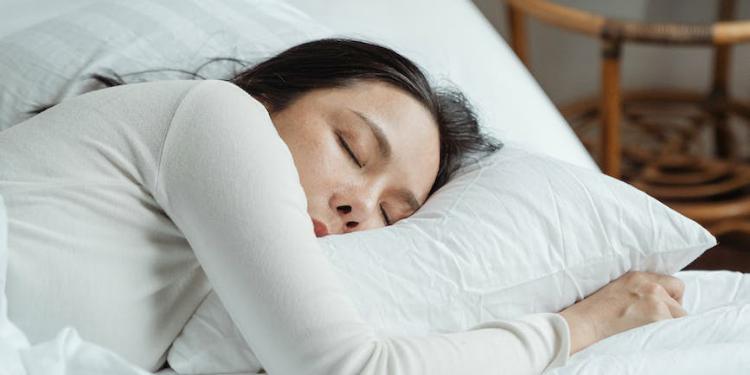Sleep apnea is a condition that affects a huge number of people each year. It affects the way you fall asleep, the amount of sleep you get, and how long it takes you to wake up. Without proper rest, you can be more likely to suffer from fatigue throughout the day. And, if you have sleep apnea, your sleep may not be good enough to get through the day.
You may not even know that you are having a problem since most people will attribute it to some other problem. That’s because sleep apnea is something that we can’t always see, smell, or hear. It doesn’t show up on the physical exam, so it is hard to detect on our own.
But even though we don’t usually notice it, it’s still there, so you need to take steps to stop it if you want to get the rest you need at night. The first step you need to take is getting a test for sleep apnea, which will tell you if you have it or not.
Sleep apnea affects people of all ages but is most common in middle-aged adults. It usually affects men more than women, but both men and women can suffer from the condition. About 75% of the adult population will suffer from it at least once in their lifetime.
Apnea is also very common in babies, especially babies that are premature. These babies often do not develop breathing problems until they are much older. Infants should receive regular checkups from their doctors to make sure they aren’t developing respiratory issues as they grow.
If you think you may have sleep apnea, then you should schedule a sleep study and a sleep apnea test. If you aren’t sure what one of these tests is, they are similar but you need to visit your doctor and let him know if you have sleep apnea. He will be able to provide you with the test results and allow you to see if you do indeed have the condition.
A sleep apnea test will include a series of tests that will be performed by your doctor. The tests may include things like:
Circadian rhythm: This test is performed to see how well your body responds to changes in your breathing. Your doctor will monitor your breathing as you sleep and listen to how your heart rate increases and decreases. Your doctor will also check your brain waves and blood pressure as you sleep.
EEG (electroencephalogram) and EEG-EEG (electroencephalography): This test will also check your brain wave activity. Your doctor will use a polygraph to check the levels of oxygen in your brain and how long it takes to recover. Your doctor will also be able to test your eyes by looking at your pupils and checking to see if you’re still able to open your eyes properly when you wake up in the morning.
Tongue: The tongue is another part of the body that has waves of activity that follow the brain waves. This makes it very sensitive to changes in your breathing and brain waves as you sleep. Your doctor will look at how well you can move your tongue back and forth during sleep and during waking hours.
Sleep apnea can cause you a lot of problems. The most important thing is that you understand what this condition is and what you can do to help it.




